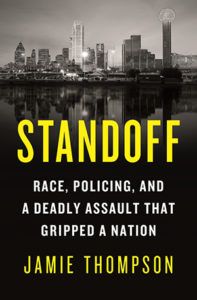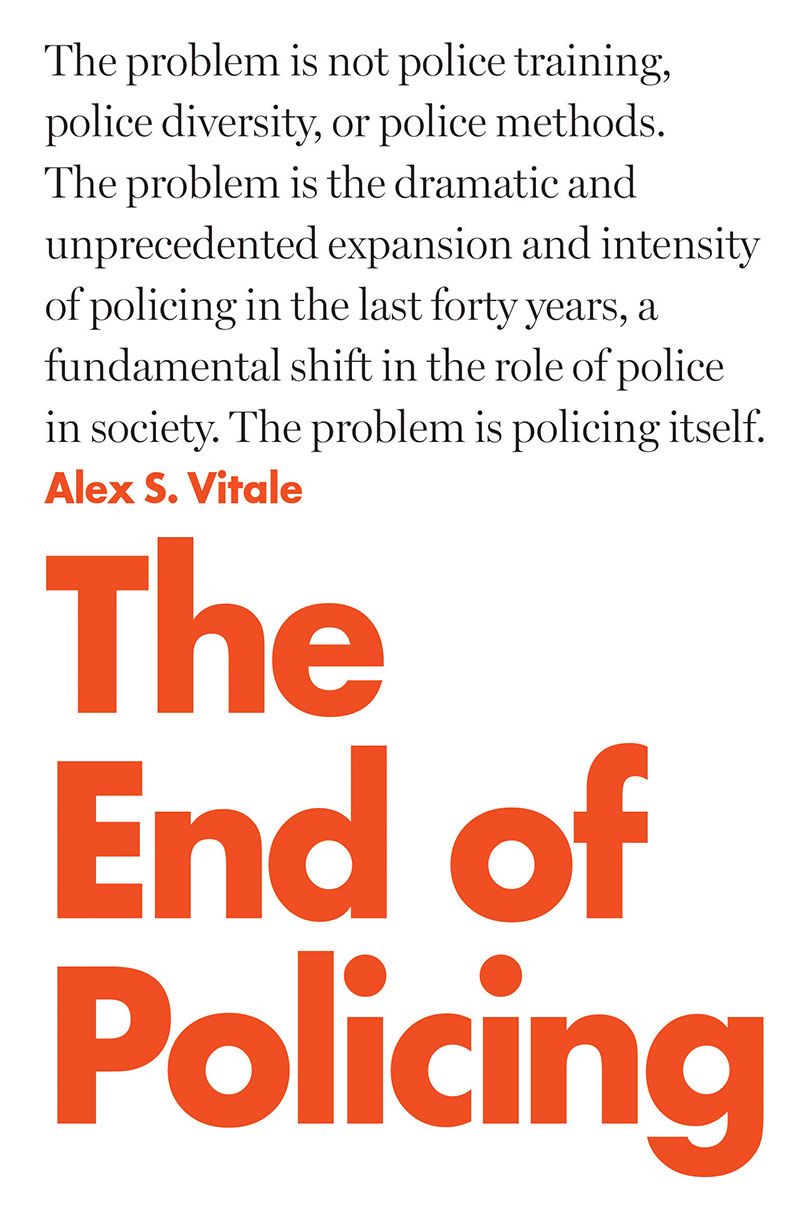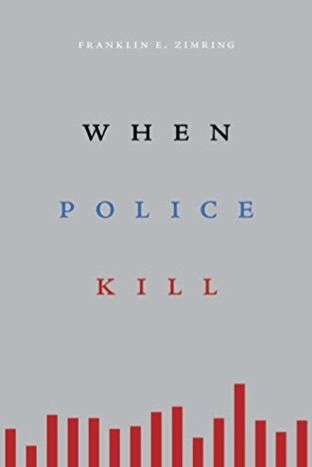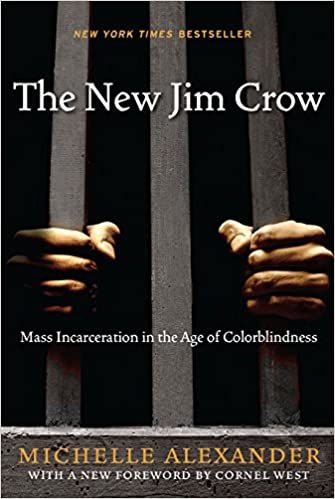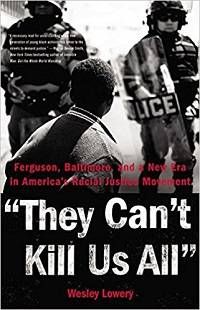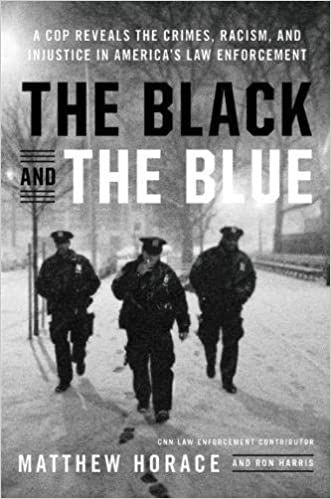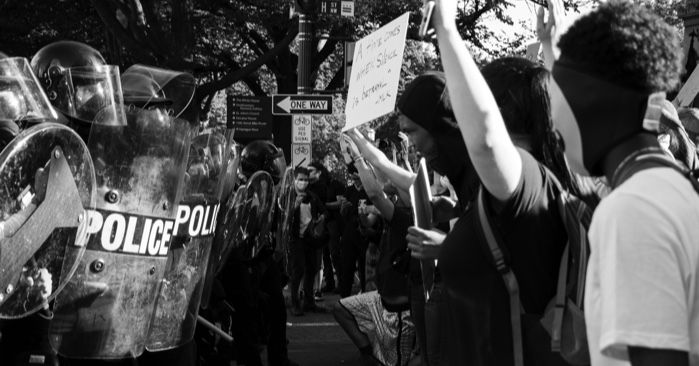
8 Books about Race and Policing in America
This year, many people are thinking about the relationship between race and policing in America. Police action against people of color, particularly Black Americans, has been at the forefront of the national consciousness in 2020.
Policing in America is biased against people of color. Black Americans in particular are much more likely to experience violence at the hands of police officers than white Americans. The deaths of George Floyd and Breonna Taylor have renewed the call to improve policing practices in the U.S.
In order to create a police system that works to protect all Americans, we must understand factors that lead to police violence against people of color. Here are eight books to help you understand the relationship between racism, racial bias, and policing in America.
Note: This list reflects the dearth of nonfiction books about race and policing by authors who are not cis men.
The End of Policing by Alex S. Vitale
To truly understand calls for defunding the police, this book is a must-read. Alex Vitale lays out an argument against police reform, instead suggesting that the institution of policing itself cannot be fixed. He argues that as long as policing exists as an entity to enact social control, communities will be less safe, less just, and have more crime.
When Police Kill by Franklin E. Zimring
This book is a deep dive into the data surrounding the deaths of civilians at the hands of police. It uses demographic data of the victims of police brutality to paint a picture of how race impacts an American’s relationship with the police. This book is written with an academic voice and is perfect for readers looking for hard analysis.
Rise of the Warrior Cop by Radley Balko
This book tracks the militarization of America’s police over the past few decades. Since the social upheaval of 1960s, police in America have been increasingly armed with deadly, military-grade weapons. Radley Balko explains how this came to be, considering the social and political climate in the last 60 years.
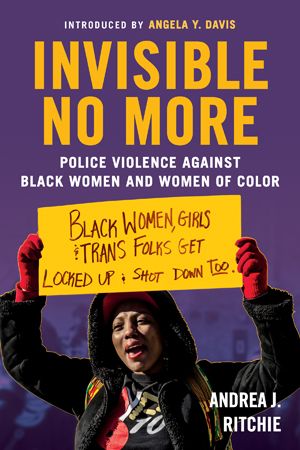
Invisible No More: Police Violence Against Black Women and Women of Color by Andrea J. Ritchie
Many books about policing and race focus mostly on violence against Black men. In this book, author Andrea Ritchie takes a look at how Black women and other women of color are impacted by racist policing. In a year when the death of Breonna Taylor has impacted so many, this book is an important read.
The New Jim Crow by Michelle Alexander
Though published in 2010, this book is still considered a critical work on race and the American criminal justice system. It focuses on how the mass incarceration of Black men serves to enforce their oppression, years after Jim Crow policies were outlawed. Author Michelle Alexander wrote a new foreword in 2019, which helps put the work into context given how much our understanding of race and policing has changed in the last 10 years.
They Can’t Kill Us All by Wesley Lowery
Journalist Wesley Lowery covered the death of Michael Brown and the Ferguson protests for the Washington Post in 2014. In his book, he chronicles the aftermath of Brown’s death as well as his time reporting on police killings of Black men in Cleveland, Charleston, and Baltimore around the same time. The books serves as a historical record of the rise of the Black Lives Matter movement and the many social and political events that led to a new era of racial justice activism.
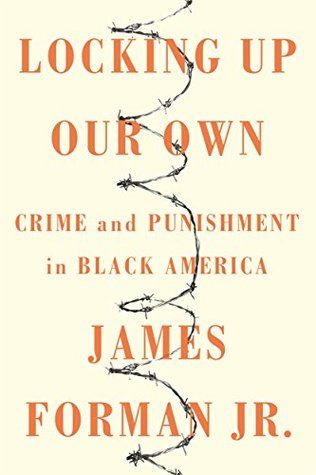
Locking Up Our Own: Crime and Punishment in Black America by James Forman Jr.
Author James Forman Jr. explains the reasons Black leaders in the 1970s supported criminal justice measures that would serve to negatively impact Black Americans in the decades that followed. As a new generation of Black leaders came to power, they were faced with increased crime and drug addiction within Black communities. Forman explains how an effort to maintain the progress of the Civil Rights Movement led to policies that would devastate Black communities for years to come.
The Black and the Blue by Matthew Horace
Matthew Horace worked as a police officer for 28 years, and in this book he reflects on the lessons he learned about the injustice of American policing. He highlights the ways racial bias affect officers and impact their decisions when faced with enforcing the law.



